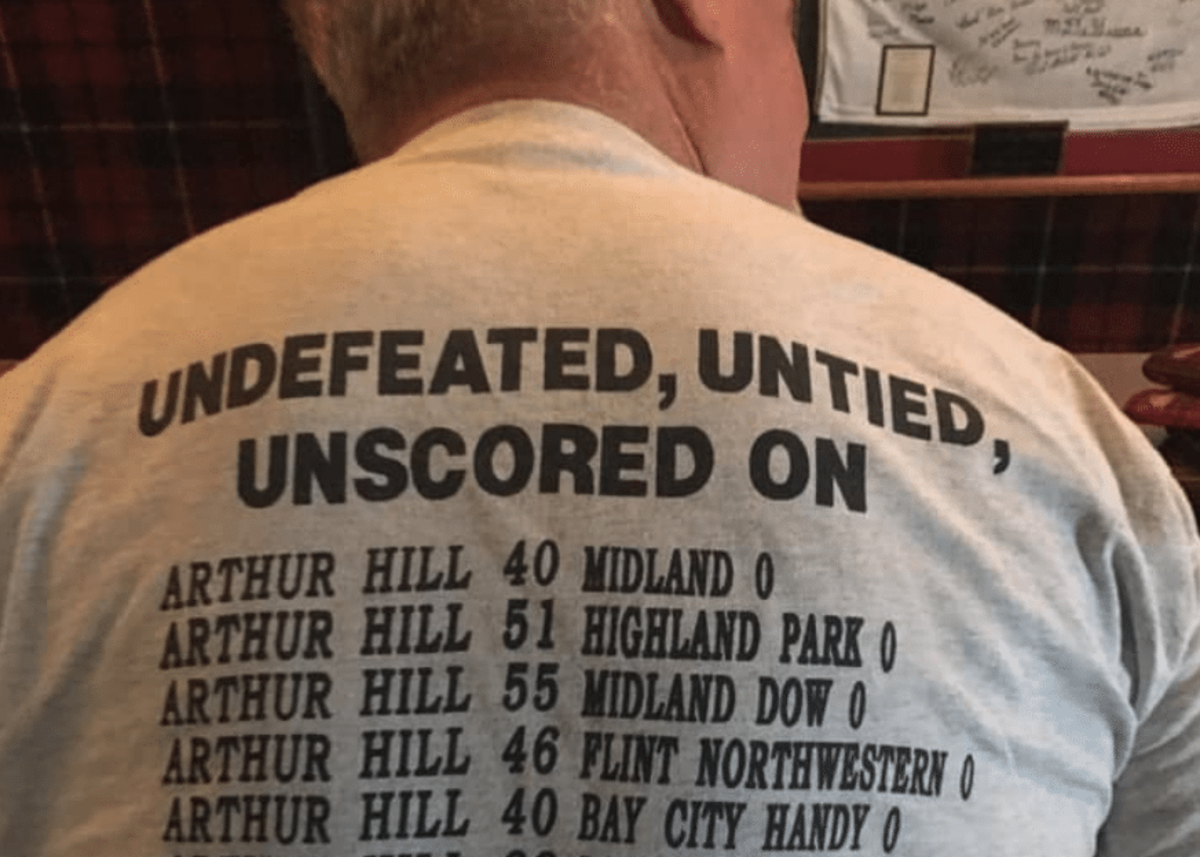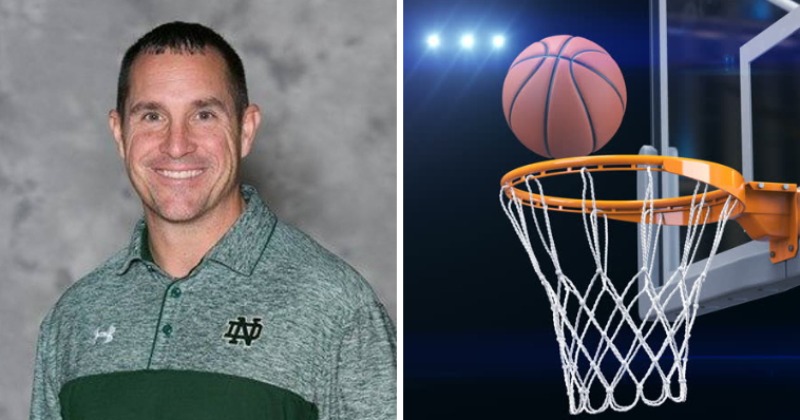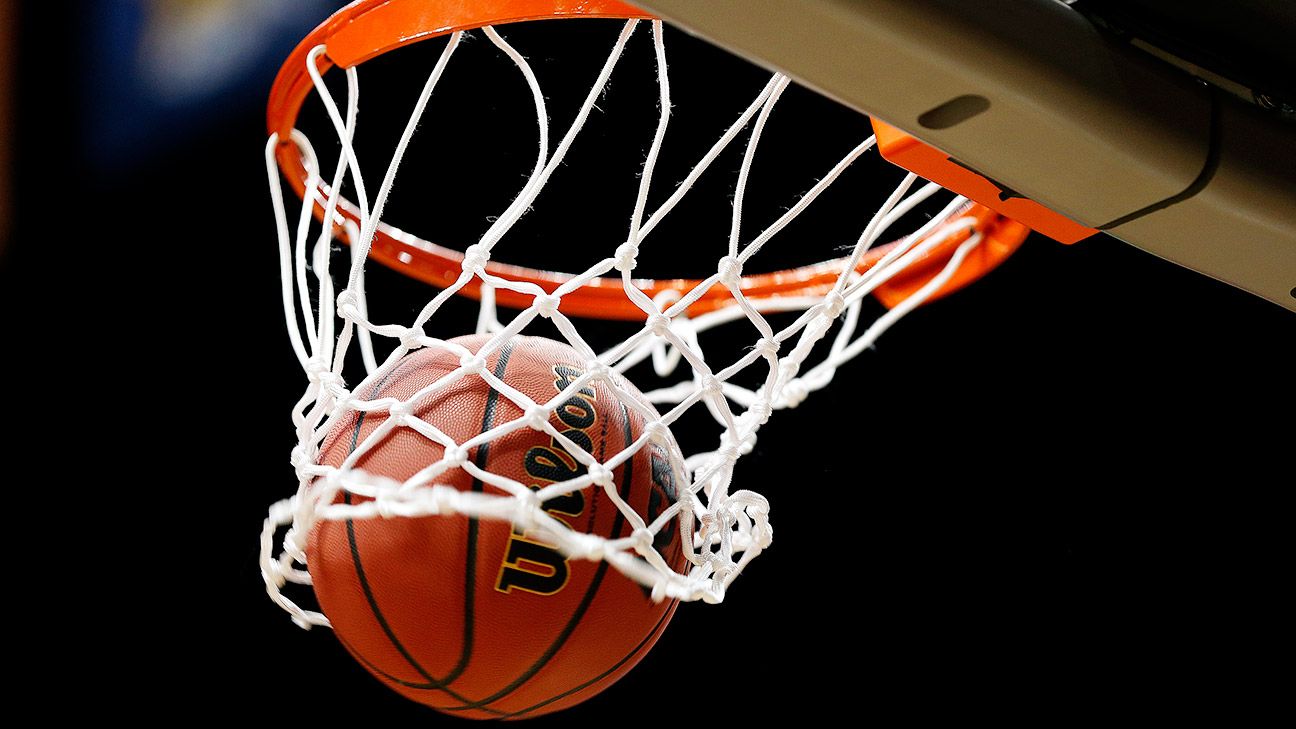If your team wins a
basketball game convincingly - say by 88 points - even a performance as such might not be the best thing for you as a coach, as Jason Kirck found out the hard way.
Kirck was suspended after his team defeated another school by a huge margin, embarrassing them in the process,
The Hill reported.
The win, a drubbing by all means, was deemed to be unsportsmanlike by the school and coach Kirck was suspended for one match.
Sacred Heart Academy suspended
coach Jason Kirck after the 92-4 victory over Lyman Hall on January 3 in US' Connecticut and issued an apology, the
Associated Press reported.
“Sacred Heart Academy values the lessons taught and cultivated through athletic participation including ethical and responsible behavior, leadership and strength of character and respect for one’s opponents,” Sister Sheila O’Neill, the school's president, wrote.
“Sacred Heart Academy Administration and Athletics are deeply remorseful for the manner through with the outcome of the game was achieved," she added.
Tom Lipka, the coach of Lyman Hall, told the
Hartford Courant that the Kirck’s team “showed no mercy throughout.”
“Sacred
Heart pressed for most of the first half then called it off and went into a tight man-to-man defense trying to get steals,” Lipka said.
“They fast-breaked the entire game right to the end. They never went into a zone and continued to push the ball up the court and shoot threes whenever they could,” he continued. “They showed no mercy throughout.”
The Connecticut Interscholastic Athletic Conference, which oversees high school sports in the state, said it runs a program called “Class Act” which teaches coaches to be aware of the competitive balance in games and manage to score “in a manner that is sportsmanlike and respectful of opponents.”
Sacred Heart is not among the schools that have participated in that program, the organization said, as per
AP.



